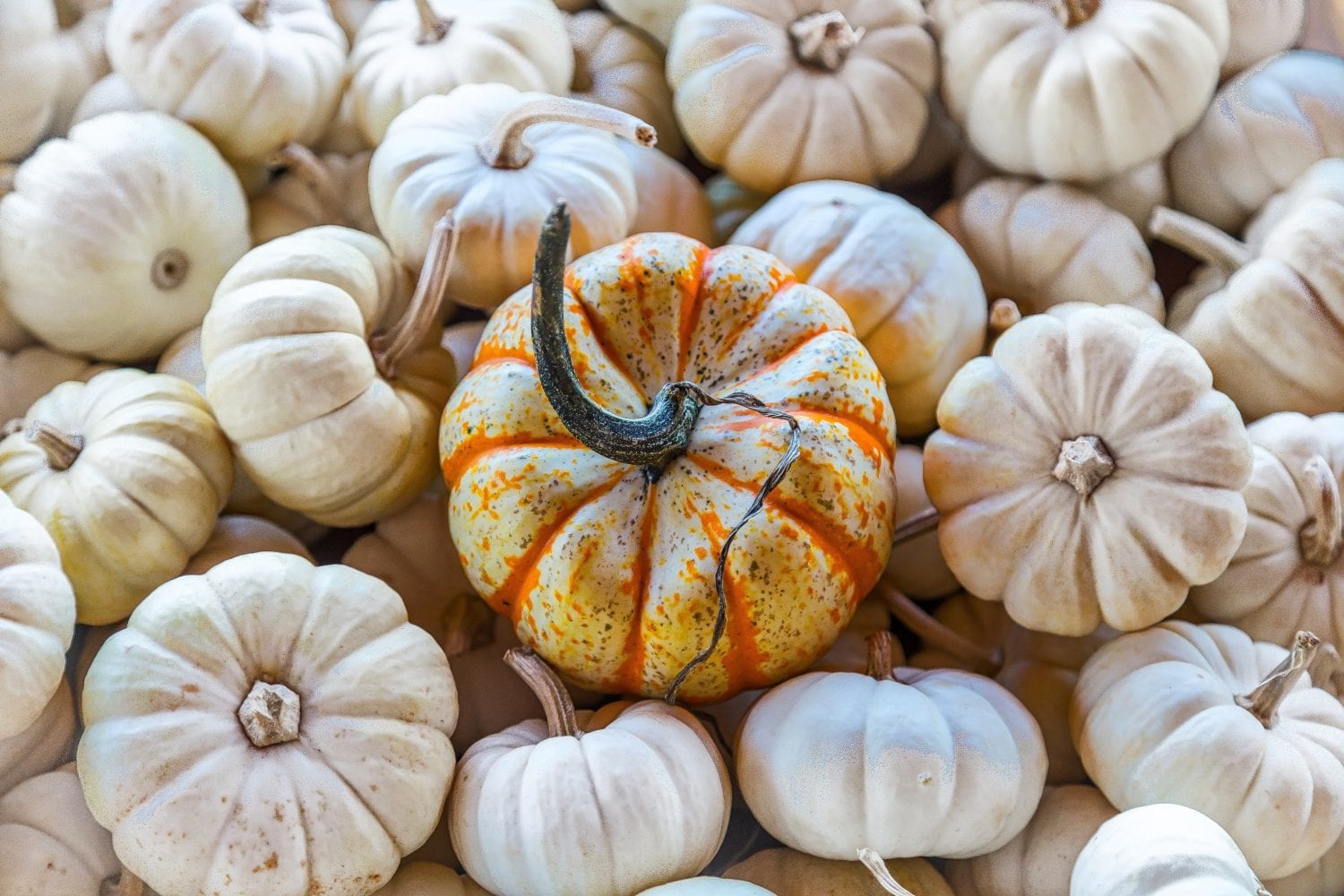Long before the pandemic, autumn anxiety was real. For many sensitive folks — as well as the estimated 10 million people who suffer from Seasonal Affective Disorder (SAD) — the numerous seasonal and lifestyle changes that accompany fall can cause something called “autumn anxiety.”
While the term “autumn anxiety” is relatively new, (named by therapist Gene Scully back in 2005), seasonal anxiety is definitely not new.
As the fall months roll in, our bodies recognize it. The days get shorter, the weather gets cooler, and the whole world seems to take on a “back to work” feel. There is no denying it a time of change. And during the times of COVID-19, when virus cases are again spiking and experts are making severe warnings, it might feel more charged then ever.
Normally, it is a time when schedules change, school resumes, and the madness of the holidays draws closer. While those things might be happening for some, others might feel how strained this year feels and long for a return to more normal times. Many are certainly grieving as they miss family, friends, and socializing.
It is no wonder many of us feel some extra sadness or anxiety around this time. Before letting the existential dread take you out, we’ve got some tips for keeping a few steps ahead of overwhelming autumn feels.
Get more light
According to researchers, Seasonal Affective Disorder (fittingly, also known as S.A.D.) often starts in autumn. It may be associated with the reduction in light we take in as the days get shorter. This decrease in sunlight may disrupt your body’s internal clock and lead to feelings of depression. For a quick fix, try spending more time outside during daylight hours. Taking a walk or sitting in the sun can do wonders for mood regulation. Additionally, during the darkest months, many people benefit from using a lightbox. Try setting one up on your desk and running it for 30 minutes or so while you work.
Try some exercise
We’ve written before on this blog about the priceless value of exercise for elevating mood and keeping anxiety at bay. Researchers are almost uniformly agreed on the potent power of movement for keeping both brains and bodies in their optimal state. Extra points if you can get outside for it, especially during daylight hours! It is perfectly ok to start small. Even a 20-minute dog walk will provide some benefit.
Seek out extra support
Ask. For. Help.
Honestly, we can’t say this one enough. No matter what you are going through, getting vulnerable with someone and asking for help will lessen your burden. Get a friend to join you on that walk. Ask someone if you can get lunch and touch base about your feelings for a few minutes. If there is no one in your life you feel comfortable getting honest with, there are some really great crisis lines out there. Try a Google search for one in your area, or reach out to us. Taking one tiny step in the right direction can go a long way towards helping you get your head above water.
Find a way to play
For the newly sober or people still in treatment, “playing” can seem a bit foreign. With a little practice, you’ll remember why this is a vital tool for sanity, emotional regulation, learning, and social engagement. Maybe it’s a sport, maybe a game night, or maybe just some horseplay with an old friend. Play works magic to connect us with lightheartness in dark times. Don’t believe me? Take it from a professional.
Just a disclaimer, if you have ongoing or serious depression, you don’t need to figure it out on your own. Get some help from your doctor, or a professional who knows how to navigate these issues.
Imagine autumn without the heavy feelings! You will be free to enjoy the pumpkin spice, cozy sweaters, and crisp air. Good luck out there – we are rooting for you!


Recent Comments